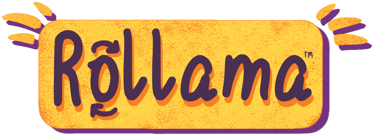What the evidence says about... spelling
How Rollama fits with Ofsted's recent guidance
EVIDENCE
Andrew from Rollama
9/20/20234 min read
We wrote about the Ofsted Research Review for English (link) in another blog post last month (see here).
In this piece, we'll take a closer look at the guidance on evidence for teaching and learning of spelling. We'll quote from the Ofsted review (see grey backgrounds and italics), and show how Rollama's pedagogy has been designed with evidence-based principles.
[Note: Rollama supports grapheme-phoneme correspondence but is not a phonics teaching sequence by itself]
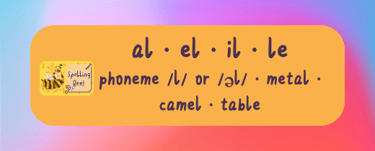

Spelling
The early stages of spelling begin with pupils learning phonics – in other words, knowing how to use the alphabetic code of English to represent the individual sounds in the words they need to spell. Struggling with these letter-to-sound correspondences reduces pupils’ ability to transmit their ideas and compose their writing.[footnote 183]: Stopping to think about spelling a word uses working memory needed for other aspects of writing. Pupils may then forget ideas or plans that they were holding in their heads.[footnote 184]
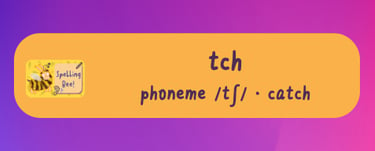

Spelling Bee is our core spelling game. Players hear a word in isolation and in a sentence, then try to spell by typing. All pages have three stages of difficulty to fine-tune the level of challenge.
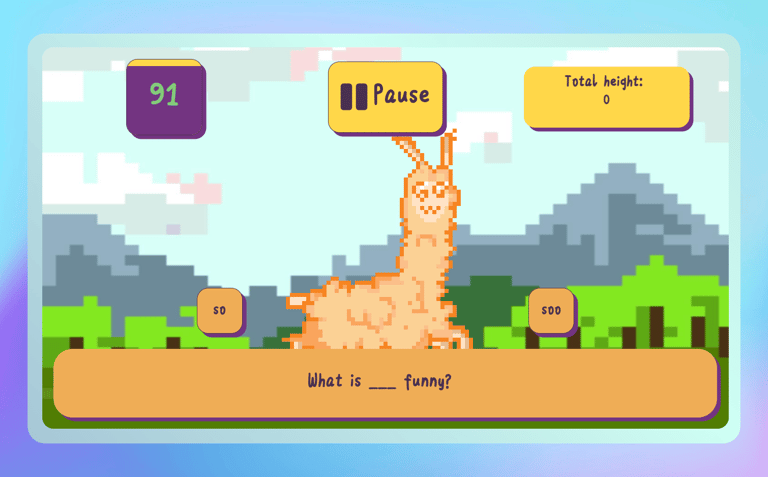

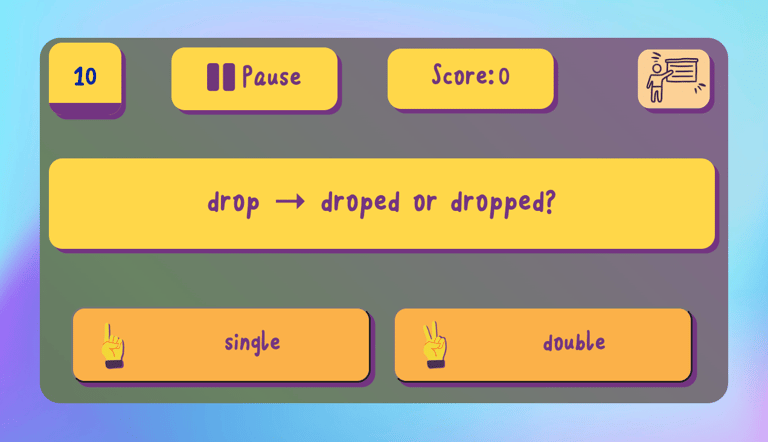

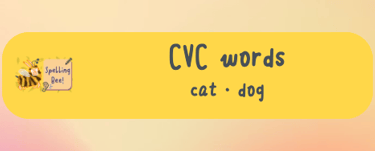

Many of our spelling games are divided by phoneme, following the English National Curriculum. Other games put the word in context and challenge players to choose the correct spelling from a multiple choice selection.
Spelling should be taught explicitly.[footnote 187] The national curriculum outlines that pupils should know the alphabetic code and ‘the role of morphology and etymology’.[footnote 188] Once they have mastered the alphabetic code, usually in key stage 1, they need to apply this knowledge in their own writing.[footnote 189] In later years, teachers might support pupils’ spelling by:
encouraging them to draw on their knowledge of phonics to identify the sounds in more complex words[footnote 190]
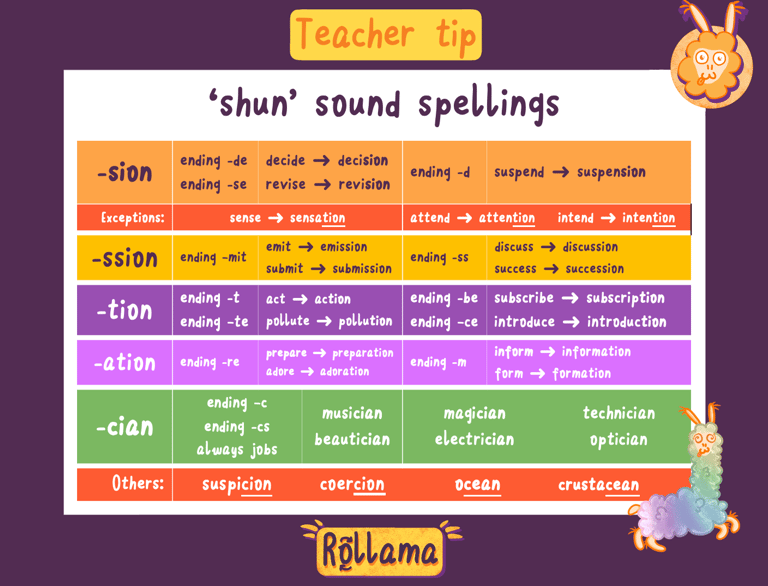

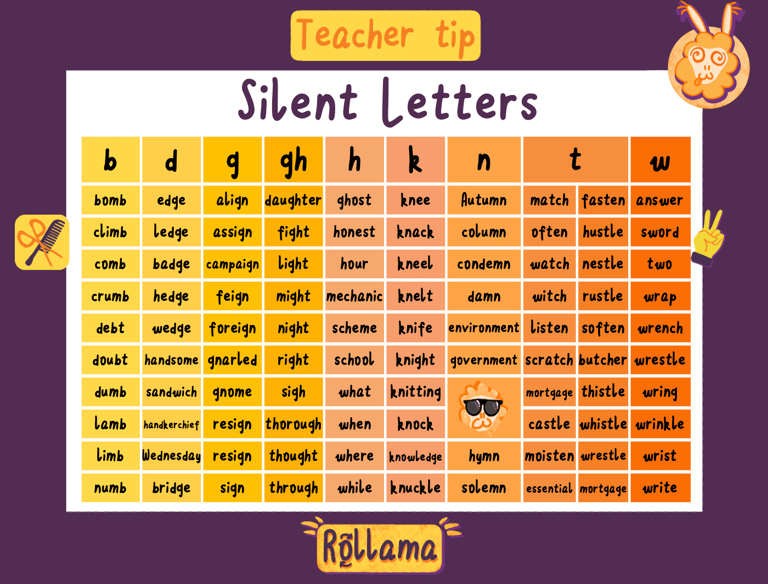

Spelling has been described as ‘a psychological, linguistic, and conceptual process involving knowledge of the alphabet, syllables, word meaning, and the history of words’.[footnote 185] Teaching needs to reflect these different aspects. Although English spelling has many irregularities, these irregularities frequently follow patterns that, although complex, can be learned.[footnote 186]
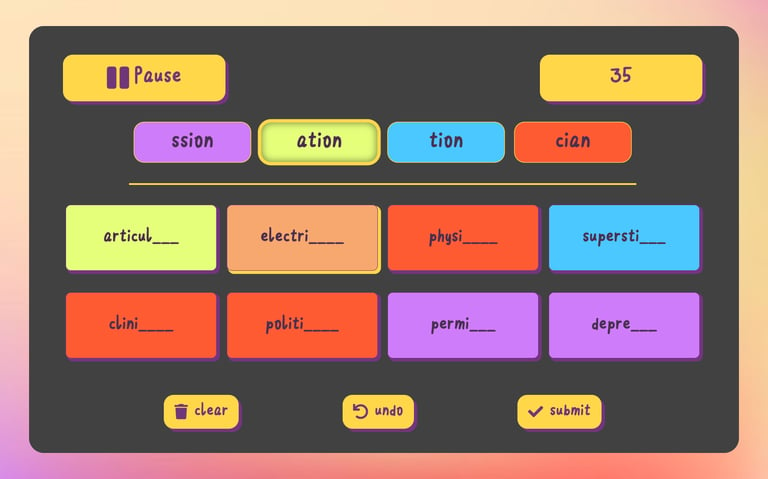

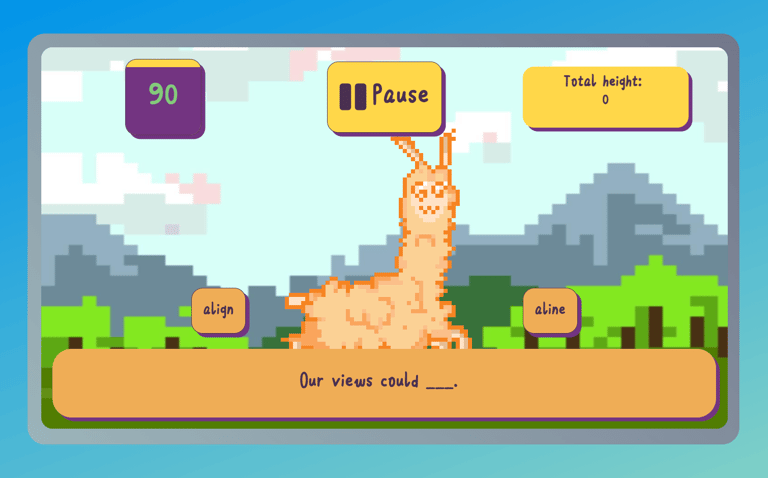

Our games focus on patterns, while Teacher Tip posters highlight exceptions to be learned. Here, for example, 'shun' word endings are categorised by their spelling, and silent letters are reinforced by familiarity. A separate Spelling Bee game on silent letters increases the difficulty by removing the multiple choice element.
relating spellings to the content being taught (rather than teaching spelling from ‘decontextualised word lists’)[footnote 191]
pre-teaching spellings of challenging words and anticipating common errors[footnote 192]
ensuring that pupils practise spellings, for example by using new spellings in their writing or writing words from dictation[footnote 193]
focusing on a word’s etymology to show how spelling is related to meaning and drawing attention to shared morphemes in words, even when the sounds in the related words differ (for example, ‘vine’ and ‘vineyard’)[footnote 194]
adding morphemes (where possible) to words in the national curriculum Years 5 and 6 word list to spell many related new words (for example, correspond > correspondence, corresponding, correspondingly, correspondent)[footnote 195]
combining vocabulary development with spelling instruction, including explaining the meaning and function of prefixes and suffixes[footnote 196]
teaching irregular words by grouping these together where there are useful similarities (such as grouping the irregular spelling ‘two’ with associated regular words such as ‘twin’, ‘twice’ and ‘twenty’)[footnote 197]
Assessment should identify what words or parts of words pupils find difficult, so that they can focus on learning these. Low-stakes spelling tests, at secondary as well as primary level, can support pupils to learn to spell.[footnote 198] These might be simply ‘pre-tests’ so that pupils know which of the selected words they cannot spell and can then focus their efforts on those, or ‘practice tests’ that involve repetition, peer testing and games that involve correctly spelling words.[footnote 199] These activities can serve as recall practice after pupils have studied the words so that they retain the correct spellings in their long-term memory.
adding morphemes (where possible) to words in the NC Years 5 and 6 word list to spell many related new words (for example, correspond > correspondence, corresponding, correspondingly, correspondent)
combining vocabulary development with spelling instruction, including explaining the meaning and function of prefixes and suffixes
teaching irregular words by grouping these together where there are useful similarities (such as grouping the irregular spelling ‘two’ with associated regular words such as ‘twin’, ‘twice’ and ‘twenty’)
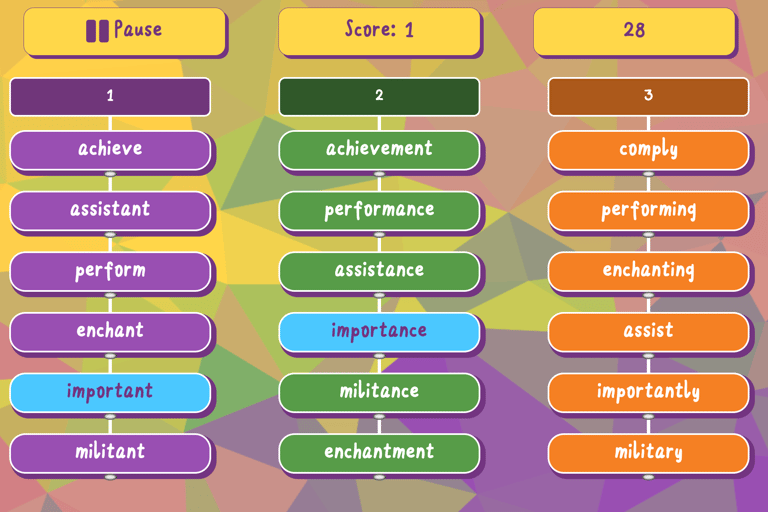

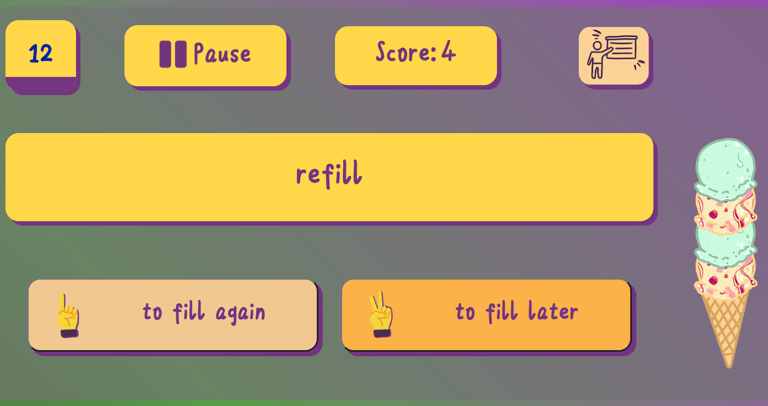

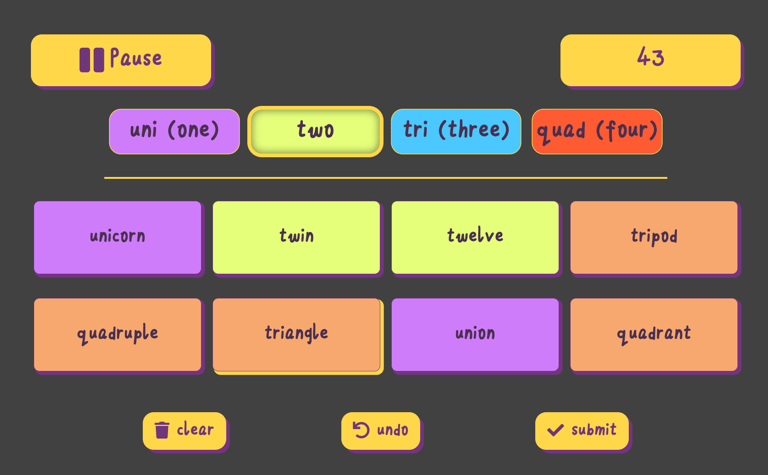

© Rollama Education Ltd · UK Registered Company 13521924 · Trade Mark: UK00003750519 · GDPR Registered · ICO Data Protection Reference ZB138761 ·
